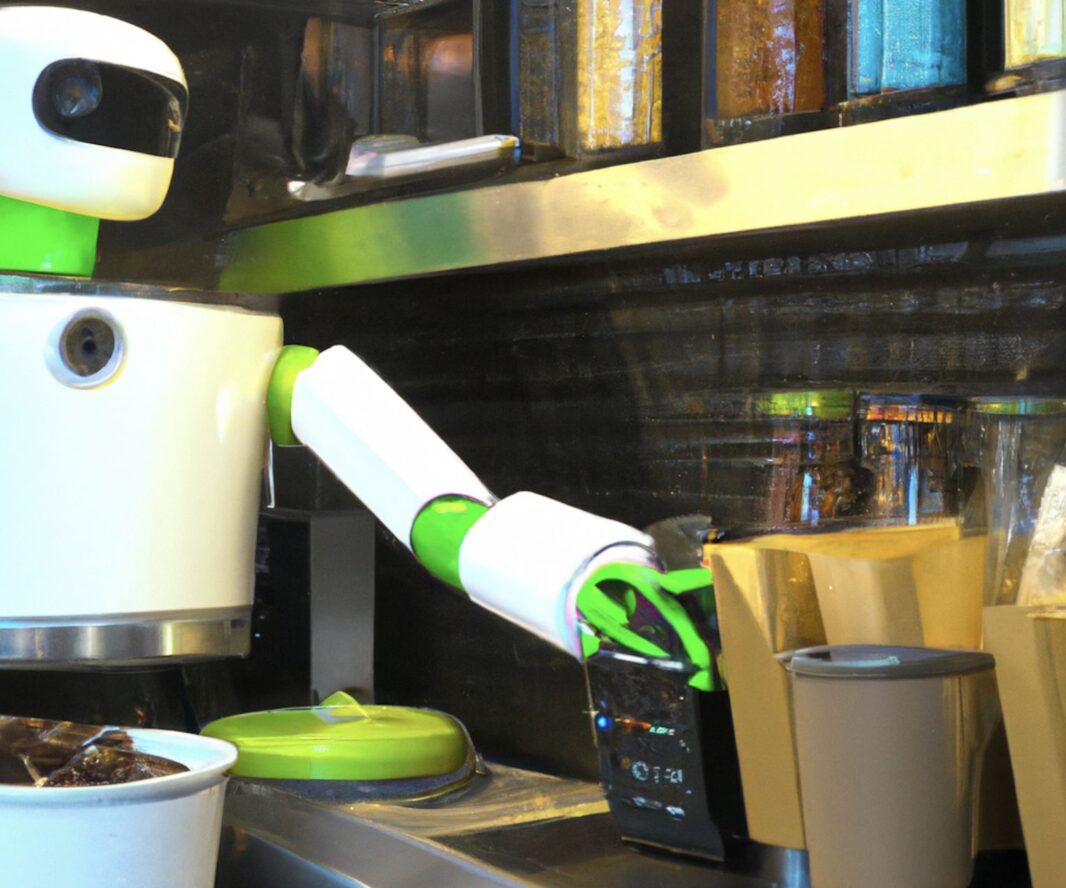In the quick service restaurant (QSR) industry, efficient supply chain management is crucial for success. From ensuring that ingredients are delivered on time and in the right quantities, to managing inventory levels and minimising waste, QSRs must be able to respond quickly and effectively to changes in demand and market conditions. However, managing a complex supply chain can be a daunting task, and traditional methods of supply chain management are often reactive, rather than proactive, resulting in increased levels of waste and missed sales. This is where AI and big data can make a significant impact.
By leveraging the power of predictive analytics and machine learning algorithms, QSRs can forecast demand and optimise inventory management, resulting in improved efficiency and reduced waste.
Forecasting Demand
One of the biggest challenges that QSRs face is forecasting demand accurately. Traditional forecasting methods, such as historical sales data or manual guesswork, are often unreliable and can lead to overstocking or understocking of inventory – resulting in missed sales or over ordering. However, AI and big data can help QSRs to make more accurate demand forecasts.
By analysing a wide range of data sources, such as sales history, weather patterns, social media trends, and even local events, AI algorithms can identify patterns and trends that are not immediately visible to the human eye. This allows QSRs to make more accurate demand forecasts and adjust their inventory levels accordingly. For example, if an AI algorithm predicts that there will be a heatwave in a particular region, a QSR can increase its stock of cold beverages and ice cream to meet the anticipated demand.
Optimising Inventory Management
Once a QSR has accurate demand forecasts, it can optimise its inventory management to reduce waste and improve efficiency. AI algorithms can analyse inventory levels, sales patterns, and demand forecasts in real-time to identify optimal ordering and stocking levels. This means that QSRs can reduce the amount of inventory they hold, minimising waste and freeing up capital for other investments.
Furthermore, AI algorithms can also identify the optimal delivery schedule for each individual ingredient, taking into account factors such as lead times, transportation costs, and storage capacity. This allows QSRs to manage their inventory more efficiently, reducing the risk of stockouts and overstocking.
How Orderly Can Help
The Orderly Scorecard and Digital Store Assistant platforms integrate seamlessly with your in-store data feeds and external data feeds – crunching the big data with AI algorithms to provide simple, actionable insights, at the right time, to the people who need it most. These cutting edge software platforms combined with our expert knowledge of QSR supply chain management delivers a solution that increases your operational efficiency and reduces pointless waste. If it’s your first day as a barista, or you are an experienced supply chain manager, the insights provided by our tools will make your life easier and your stores more profitable.
To learn more about what we can do for you, get in touch!
https://orderly.io







